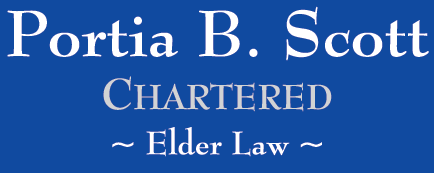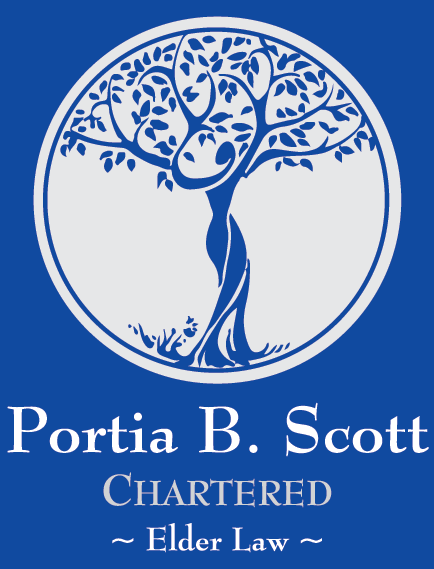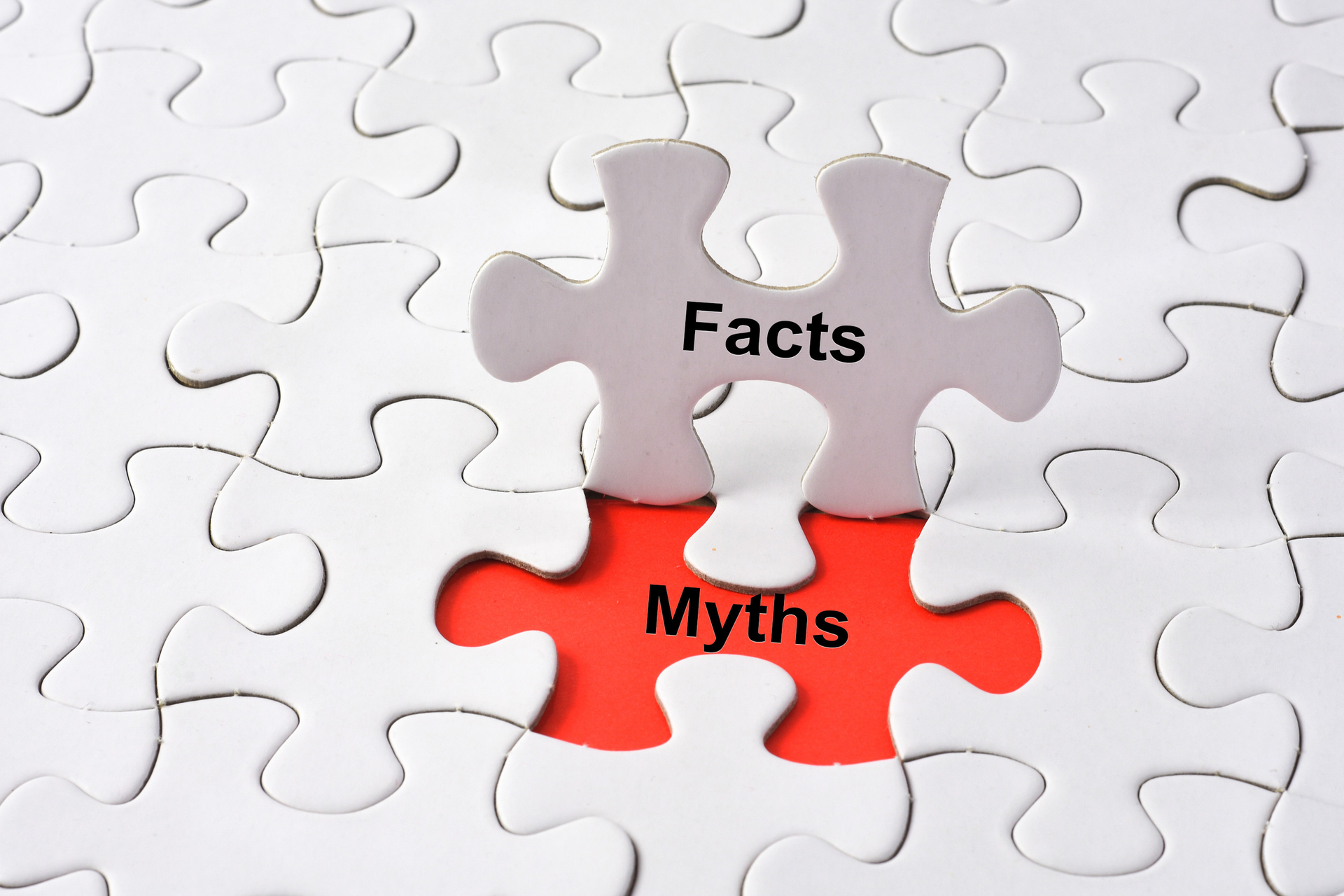
I have, from time to time, an opportunity to review family law agreements when dealing with a probate estate proceeding or a Trust administration. These family law agreements can take the form of a Divorce Decree, Final Judgment of Dissolution of Marriage, a Post-Nuptial Agreement, an Ante-Nuptial agreement (often called a "Pre-Nup"), mediation agreements and temporary orders which might include temporary alimony payments plus of course, the common charging liens filed by attorneys involved.
I also get to review Qualified Domestic Relations Orders ("QDRO's") from time to time.
Many of these documents are drafted without the help of an attorney. Sometimes, they will have been drafted by a paralegal or another lay-person, sometimes by the parties themselves.
When I make inquiry of the parties about the documents, I often find the people who drafted them believe that, if there were a Judge involved in the underlying matter, the Judge would "fix" the document if it were wrong.
So, if a Pre-Nup calls for extra alimony in the case of one party's infidelity, and, if that is not something the law books would allow, they believe that the Judge would tell them so and strike it from the agreement.
Similarly, if someone's settlement agreement provides for one party to pay the other alimony even in the event of the remarriage of the party receiving alimony, the paying spouse believes that the Judge will tell them that Florida law does not require such payments to continue. The judge might similarly strike a provision for "permanent alimony" if the legislature had prohibited judges from ordering permanent alimony.
Even if a QDRO was ordered to divide up one party's 401(k), some people believe the Judge will create the QDRO.
None of this is true. If you come before the Court with an agreement, you can actually change the law as it applies to your own case.
So, if permanent alimony has been ended by the legislature, but you agree to it in your settlement agreement, the Judge is not going to advise you that you are going against what authority the Court would have if you had not settled and had gone to trial. The Judge may ask you if you really agree to these terms and, if so, enter the Order requiring more than the Judge could ever have ordered at a contested trial.
The best you can hope for from a Judge is when the judge sees the document - if the Judge reads it- is for the Judge to tell you to consult an attorney.
If a Judge ever does tell you something like, "you really should talk to an attorney," this is a big red flag and you should take the Judge's advice. The Judge cannot, may not give you any advice other than to recommend you speak with an attorney.
The long and short of it is there are reasons why it can often end up being less expensive to consult an attorney than to do some work for yourself.
Share this article




